


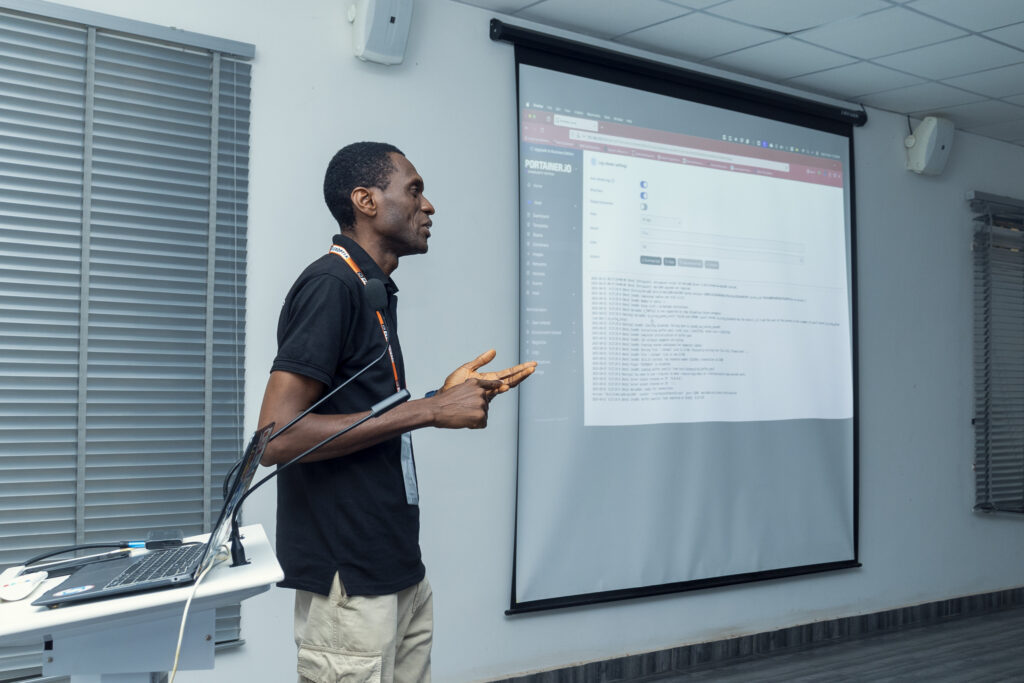
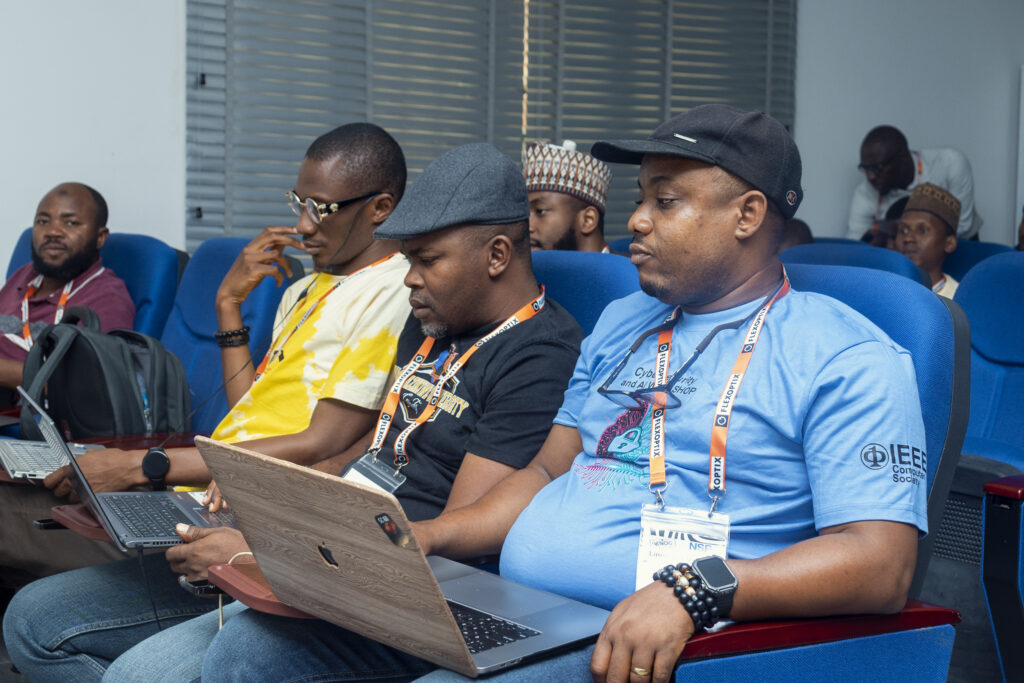
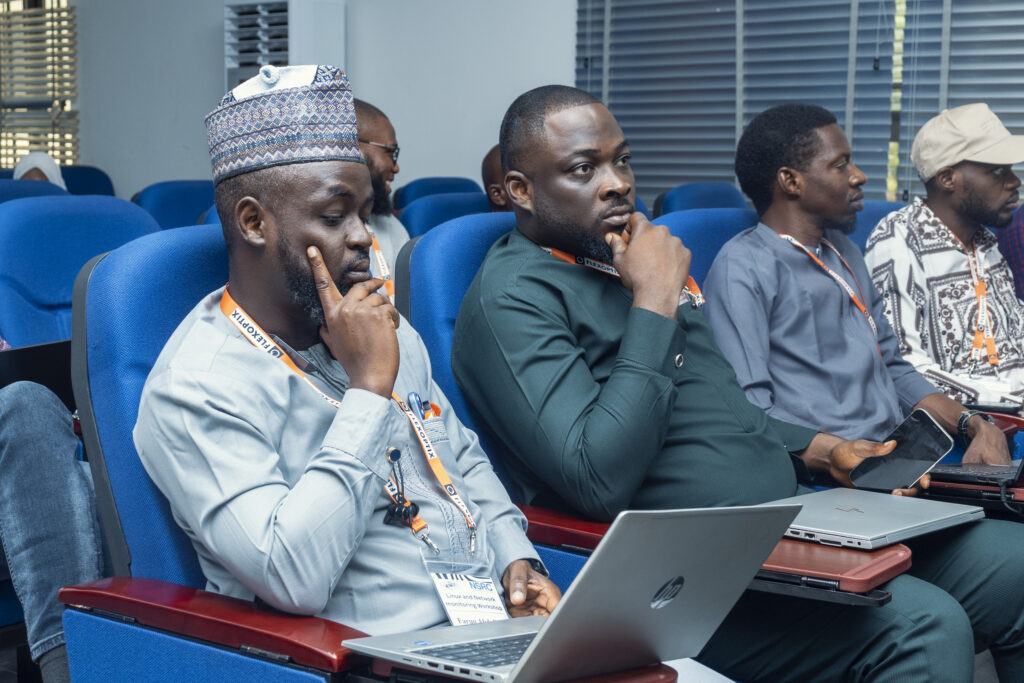
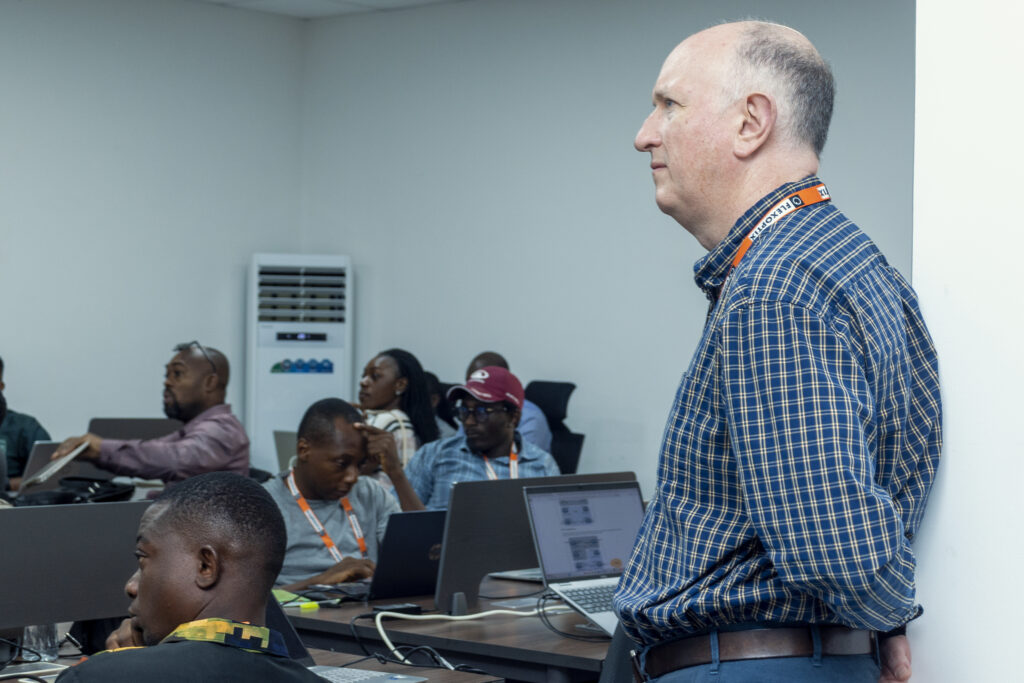
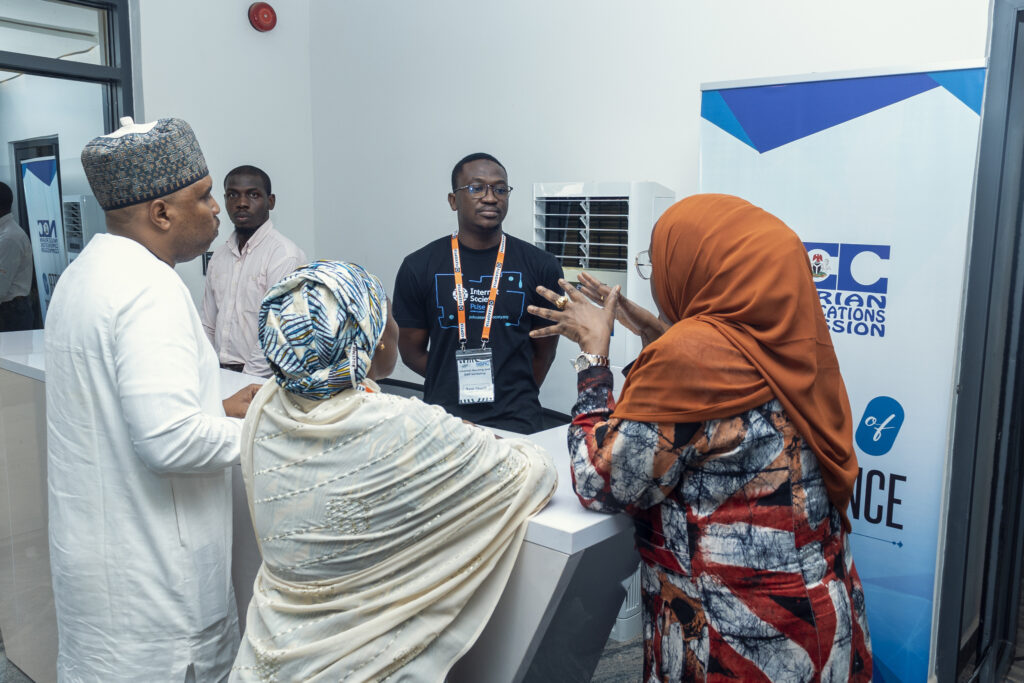
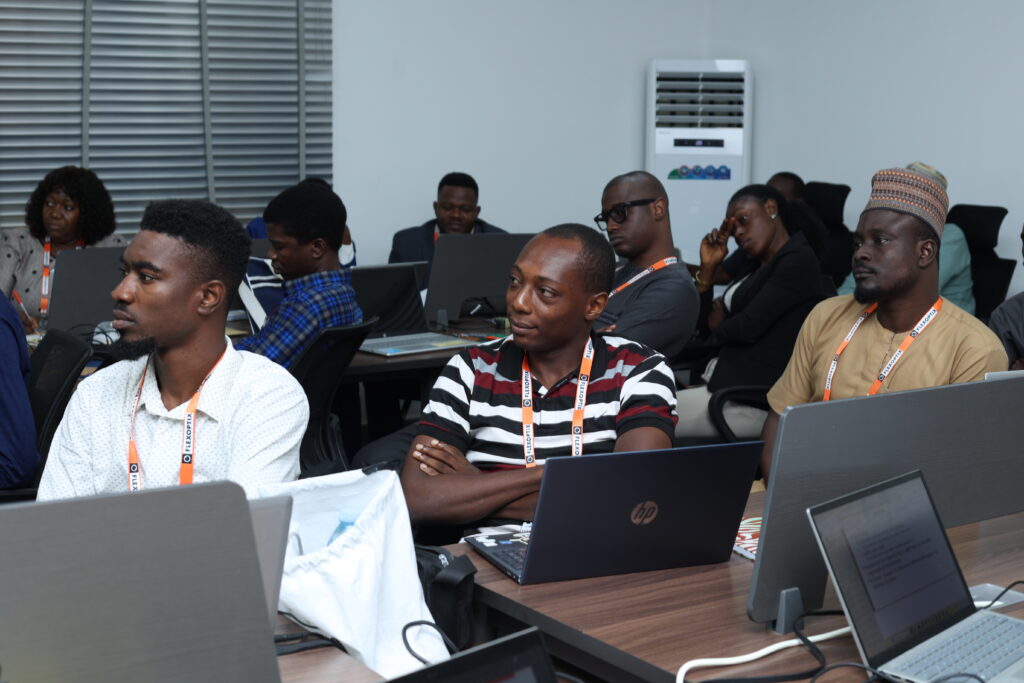
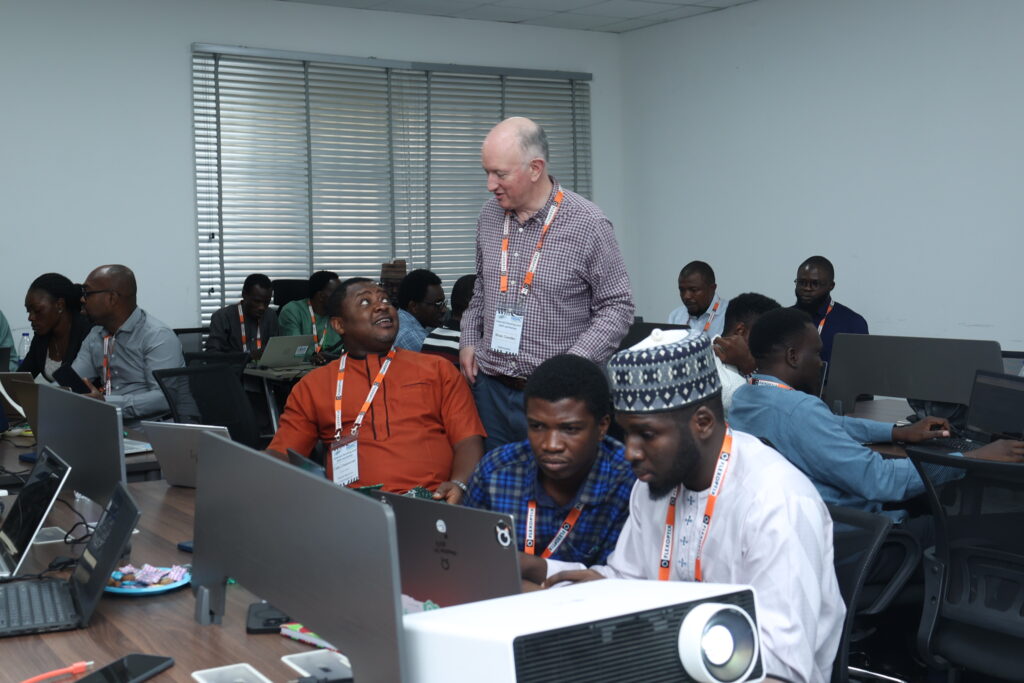
The ngNOG 2025 Workshops successfully delivered three days of intensive, hands-on technical training, directly addressing the critical skills gap in advanced routing and network visibility across Nigeria. The training produced immediate, measurable results, increasing the local capacity for routing security (MANRS compliance) and empowering engineers to deploy modern, open-source monitoring stacks. The workshops reinforced collaboration between leading ISPs, regulators, and academic institutions, significantly contributing to the resilience of Nigeria’s digital infrastructure.
This section outlines the hard numbers demonstrating the scale and penetration of the training, specifically highlighting the key organizations represented.
This section details the specific, actionable skills gained, framed as high-value insights that attendees can immediately implement.
This highlights the long-term benefits to the Nigerian Internet ecosystem and aligns with national development goals.
The ngNOG 2025 technical workshops were a resounding success. The 58 highly trained participants represent a significant national asset, now equipped with the practical skills needed to deploy secure routing and scalable monitoring solutions. Continued support for these initiatives is crucial to sustain the momentum of technical development and ensure Nigeria’s digital future is both robust and resilient.


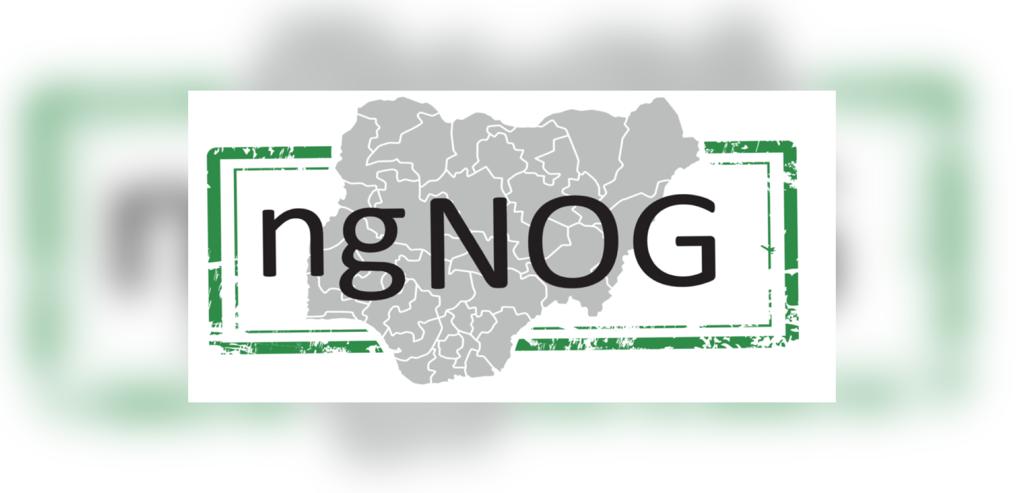
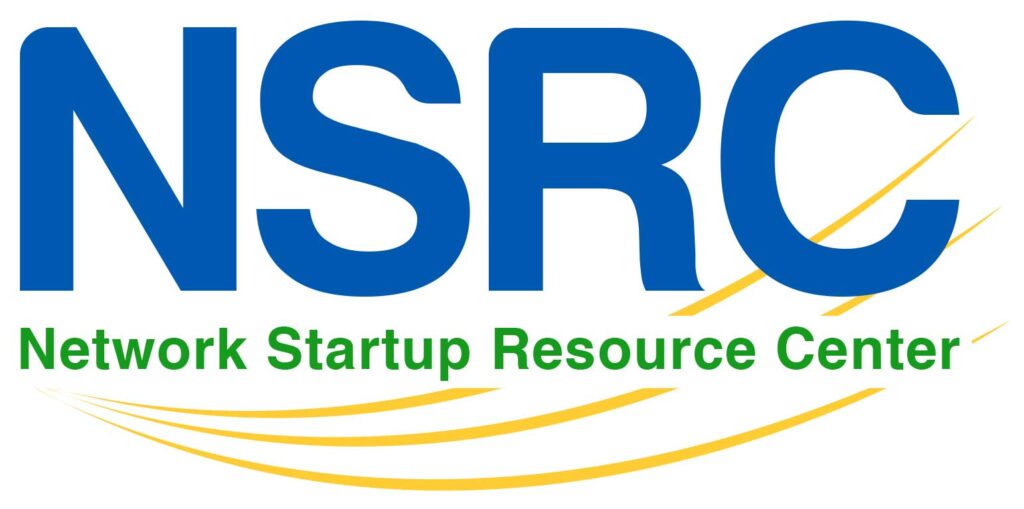


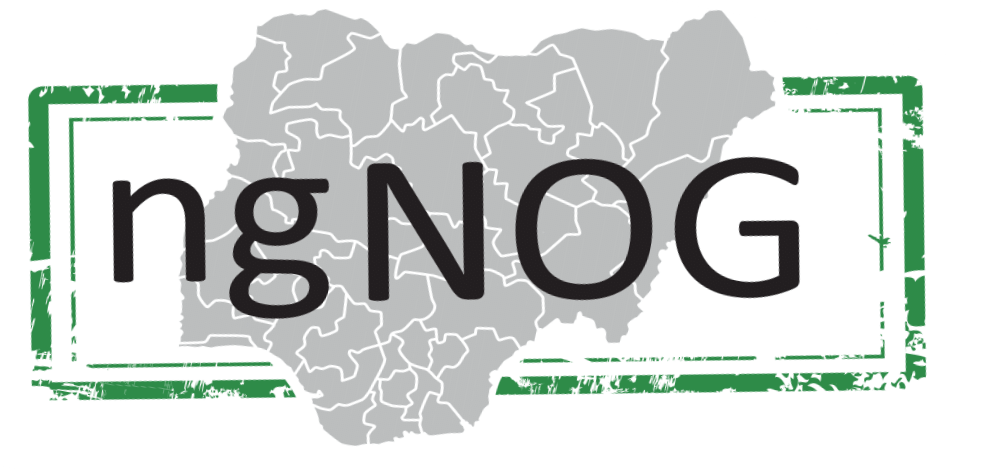
ngNOG brings together individuals and organizations dedicated to advancing the country’s network infrastructure to enhance the connectivity and digital landscape of Nigeria.
Copyright © 2025 Nigerian Network Operators Group. All Rights Reserved.